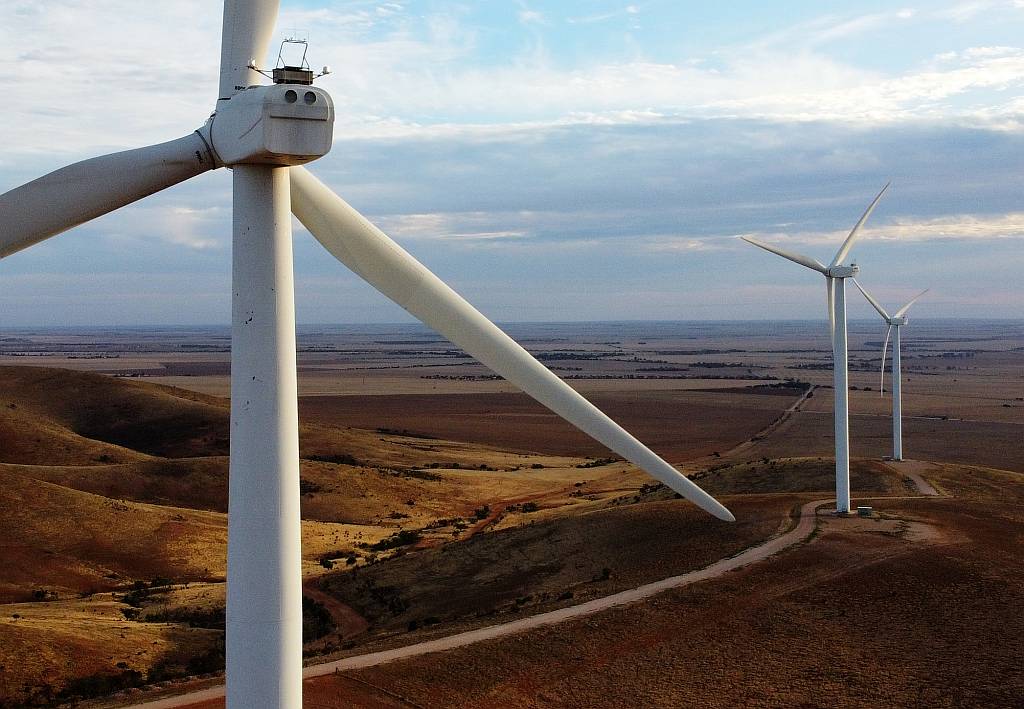
|
|
|
The Wikipedia page on Journalism starts:
"Journalism is the production and distribution of reports on current events based on facts and supported with proof or evidence. The word journalism applies to the occupation, as well as citizen journalists who gather and publish information based on facts and supported with proof or evidence. Journalistic media include print, television, radio, Internet, and, in the past, newsreels." Note the inclusion in the definition of the need for journalism to be "based on facts and supported with proof or evidence". In many cases journalists in Australia have chosen to report nonsensical claims totally lacking in supporting evidence in what seems to have been a misguided aim of providing 'balance' in regard to the development of wind power in particular. |
|
This page briefly discusses the impact of poor journalistic practice on the delusion of 'wind turbine syndrome' that largely ran it's course between 2010 and 2014 in some English speaking parts of the world and how it was largely spread, if not created by unthinking and sometimes sensation-seeking journalists.
(On another page on this site I argue that Wind Turbine Syndrome could perhaps more accurately be called Pierpont-Laurie syndrome.)
Another part of the problem was that at least some journalists aimed to give a story maximum impact by trying to make it controversial and sensational; a claim that 'this may impact your health' can be relied on to get people's attention. Thirdly were the journalists like Andrew Bolt, Alan Jones and Graham Lloyd who make a living out of spreading any lies that they feel might advance their careers. The result was that many people were caused to believe that:
Perhaps the greatest single victim of the journalists was a well-meaning but mistaken woman, Sarah Laurie, who was encouraged to go on spreading the unfounded belief in 'wind turbine syndrome' by the attention that she received from these irresponsible journalists. |
It's not good enough for a journalist to say "I was just reporting what he said"Acoustician and self-styled expert on wind turbine noise Steven Cooper, who also calls himself Doctor Noise (while not holding a doctorate in anything) made some absurd statements about wind turbines and health at a hearing on a proposed energy park in October 2018.It happens. Anti-wind farm people are notoriously dishonest (while those who oppose coal mining are mostly honest, I have discussed this phenomenon elsewhere on this site). But in this age of Donald Trump and "alternative facts" people believe what they choose to believe. If a journalist publishes lies like those of Steven Cooper, without any comment on their veracity or otherwise, people who don't like wind turbines are likely to believe it. As discussed above, this sort of journalism has caused enormous harm. A journalist has the right to print what people say, but they also have a responsibility to do some research when those statements are questionable, or even downright foolish. Journalists have a responsibility to print the truth rather than unsubstantiated rumours that some misguided person believes to be truth. |
Related pagesAustralia's energy future will be very different to the past reliance on fossil fuelsConnie Bonaros, member of the SA Legislative Council; misrepresentation of the contents of a World Health Organisation report End of coal: coal is a poor investment and a dying industry Sarah Laurie, a phenomenon created and encouraged by irresponsible journalists Pierpont-Laurie Syndrome: a communicated disease (once called 'wind turbine syndrome')
Steven Cooper, absurd statements reported |
|
|